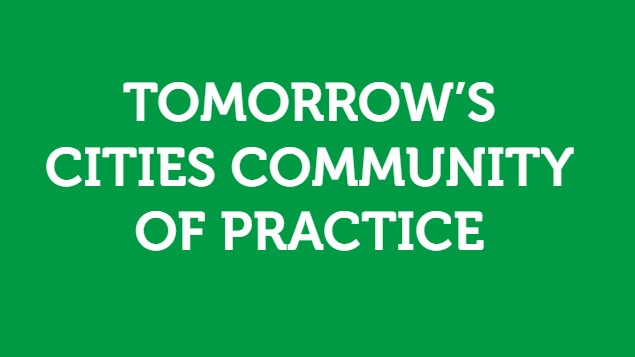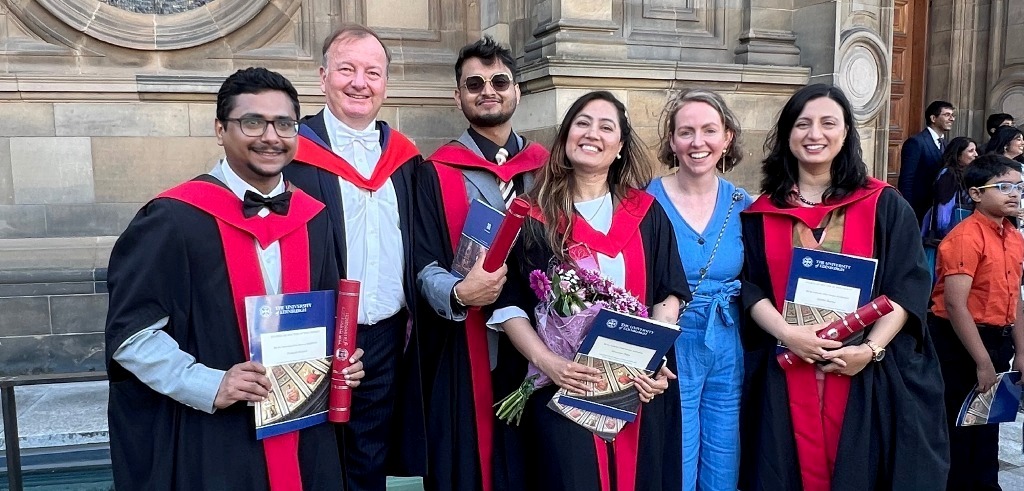
- Close
27/10/2020 | Global
How do we ensure our impact is positive?

As a challenge-led research programme, seeking to address the intractable global challenge of urban disaster risk, producing knowledge that contributes to positive development impact lies at the heart of what we do.
To mark the delivery of the Tomorrow’s Cities Safeguarding Policy (available here) and to open-up conversation on the broader ethical challenges we face in contributing to development impact, we have been running a mini-series of webinars on ethics and safeguarding.
The first webinar (recording available here) explored the big-picture ethical challenges of our work – and the roles that research ethics and safeguarding play in addressing these. This blog is a summary our discussions.
If we have research ethics, why do we need safeguarding?
Research ethics relates to principles that govern how researchers should carry out research – are we doing the ‘right’ thing? Safeguarding addresses people’s right to be safe from harm relating to any activity associated with the Hub.

Conceptually, keeping people safe from harm is an ethical issue. However, research ethics procedures do not typically provide protection beyond formal research activities, nor adequate reporting of and responses to incidents that occur. In practice, then, research ethics can be seen as part of safeguarding.

While these differences are important to understand, the success of both is ultimately underpinned by the same need: to embed reflexivity within our research practice. During the webinar, Sam Staddon (Chair of the Edinburgh University Geoscience Ethics and Integrity Committee) summarised three considerations we can make when applying ethical thinking (in the broadest sense) in practice:
- Integral – Are we integrating reflections on ethics in all aspects and stages of our research practice?
- Individual – There is no objective view – we all experience ethics differently. Are we paying attention to and including the worldview of others?
- Shared – In order to navigate and respect different perspectives on ethics, we must create space to share our reflections and engage in collective learning.
Nevertheless, we still need the formalities of safeguarding in order to address systemic gaps that can occur in the practice and scope of research ethics. It extends our responsibility to do no harm to include all our social relations as a Hub and – crucially – requires us to put in place practical measures to anticipate, mitigate and address these harms. However, as safeguarding is a new requirement within international development research, we need to work through what this looks like for us…
Challenges for defining ‘safeguarding’ for Tomorrow’s Cities
Our Co-Director, Mark Pelling, outlined some key questions, which we must address in order to effectively and equitably prevent harm in our work:
- Who are we interested in with safeguarding? Our safeguarding policy sets out three broad groups (research teams, research subjects and wider communities in which we engage) but we still must identify who these groups are in each of our operating contexts, and within these, who is most vulnerable to harm.
- What is the subject of safeguarding? In the wider development and humanitarian sector, safeguarding has tended to focus on the protection of children and, particularly as a result of recent high-profile incidents, the prevention of sexual exploitation, abuse and harassment. We need to identify which harms pose the greatest risks in each of our operating contexts, and be clear on who gets to decide.
- How do we define acceptable behaviour? In order to address these forms of harm to these groups of people in these different places, we must also collectively define, in each context, what types of behaviours constitute an abuse of power, and reflect on how other behaviours support a culture in which abuses of power can take place – regardless of motivations.
- What systems, procedures and wider approaches will ensure safeguarding in practice – and how do we decide? For example, how do we expand our reporting channels in ways that remove the barriers for those who have suffered from or witnessed abuse? And how and who decides how to respond when incidents occur?
What are the major ethical challenges we face?
At the end of the webinar, we asked our participants and the speakers to summarise what they consider to be some of the major ethical challenges we face as a global research programme aimed at addressing future disaster risk for the urban poor.
These responses can be summarised as:
- Dealing with the diversity of people and perspectives – across countries, cultures, communities, disciplines, organisations etc. What constitutes an ethical issue of concern? Whose standards do we follow or compromise on? We can’t take a one-size-fits-all approach yet we must have minimal acceptable standards.
- Addressing hierarchies in academia – most obviously in terms of seniority, but also the less visible and often unintended hierarchies across disciplines, cultures, gender, etc. How are these expressed in our different contexts? How is our research practice either supporting or undermining healthier, safer and more equitable relationships across the power structures that exist?
- Moving from theory to practice – guidelines and principles do not automatically lead to better practice. Everyone is starting from a different place in terms of experience in working in challenge-led research, with all the ethical challenges this brings. How do we support a culture of ethical research practice that brings everyone along?
- Navigating political tensions in our places of research – all our work is fundamentally political, yet science is often seen as ‘neutral’. Already our researchers are becoming entangled in tensions between marginalised communities and decision-makers. How will the legacy of use and access to our findings, data, tools and models play out? We cannot assume that the needs of vulnerable people and communities will be prioritised by those applying our work.
- Ensuring our work is driven by the needs of the most marginalised and vulnerable – not our own research agendas. This has implications for who we engage and with what methods, with particular attention to how we explicitly address the underlying structural inequalities and our positions of relative power.
By their very nature, there are no straightforward answers to these questions – yet we must be clear on how we address them, and more. Can we use safeguarding as a way to collectively reflect on how we navigate our way through them?



